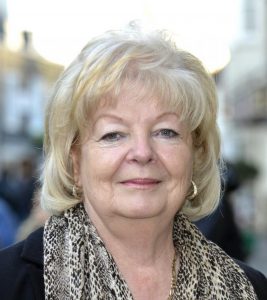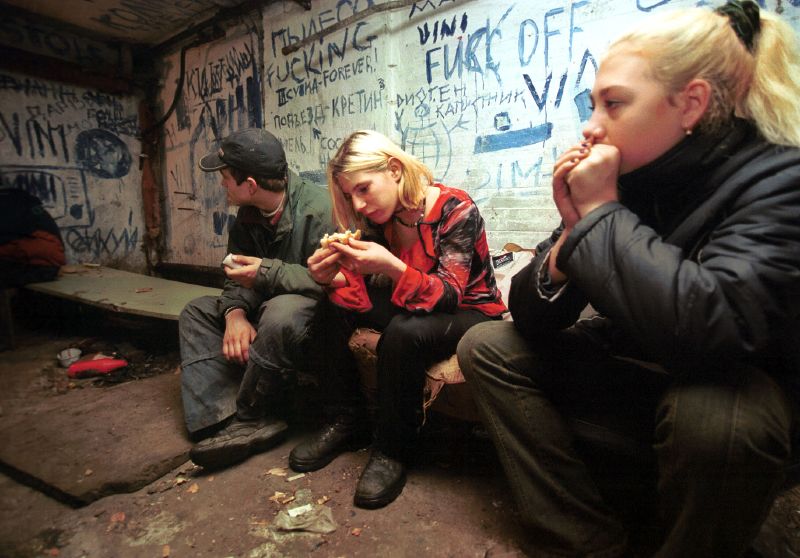Drink and drug addicts are to be offered a £2.7 million rehab lifeline over the next five years after a vote by councillors.
More than 2,700 people, almost two thirds of them male, received treatment for drink and drug problems in the most recent financial year – to the end of March 2021.
The vast majority – 2,587 of them – were treated in the community while 35 attended in-patient detox treatment.
More than 700 of those were estimated to be homeless and most had “complex needs” including mental health problems.
A further 110 entered residential rehabilitation in Brighton and Hove and others – at least a dozen – went into rehab out of the area.
There were two main providers in Brighton and Hove – BHT Sussex and Change Grow Live – providing 70 places. Of those, 48 were for detox support and recovery and 32 were “move on” places.
The details were included in a report to members of Brighton and Hove City Council as officials asked for approval to assess the market for rehab providers.
The current contracts, worth £537,000 a year in total, are due to be extended until the council has found out how many organisations wish to provide rehab in the coming three to five years and signed fresh contracts.
The money will come from ringfenced public health grants but providers may receive other money from housing benefits.
The decision to extend rehab services was made by the council’s Adult Social Care and Public Health Sub-Committee at Hove Town Hall yesterday (Tuesday 11 January).
A report to the committee said: “Brighton and Hove has the eighth highest rate of deaths related to substance misuse and the 12th highest rate of alcohol specific related mortality in the country.
“Brighton and Hove has a large population with substance misuse issues and a large population with multiple complex needs.
“In particular, a significant proportion of people in treatment have substance misuse, mental health needs and other support needs.
“There is a strong evidence base for the effectiveness of residential rehabilitation, especially for those with additional needs.”

The report also said: “The illicit drugs market in the UK is worth almost £10 billion a year, with three million users and a supply chain that has become increasingly violent and exploitative.
“Drug deaths are at an all-time high and drug addiction fuels many costly social problems, including homelessness and rising demands on children’s social care.
“The drugs market is driving most of the nation’s crimes. Half of all homicides and half of acquisitive crimes are linked to drugs. People with serious drug addiction occupy one in three prison places.
“Access to good quality residential rehabilitation services will help to reduce crime and disorder in the city.”
The £537,000 budget compares with the £690,000 a year being spent until 2015-16 which funded 79 places.
Conservative councillor Mary Mears was concerned that some of those receiving treatment were placed out of the area, away from their usual support networks.

Councillor Mears, who also sits on the council’s Housing Committee, said: “We have a problem with homelessness and addiction, more so going through housing where we’re allocating people (homes) out of the city.
“Then they can’t access services. It’s a double-edged sword – and round and round it goes. I’m really concerned with putting people out of area.”
Alistair Hill, the director of public health in Brighton and Hove, said: “There’s probably a contrast there with temporary housing and temporary accommodation that the councillor may have been alluding to. These are quite different structured services.
“They receive support as part of an integrated package, not a residential arrangement. It’s a short-term specialist service. They would then return to the city.”
Green councillor Sue Shanks said: “For some people, it’s good to get away from their local area and be somewhere completely different.”
Labour councillor Theresa Fowler said that she knew, from her own experience, that it was challenging to support homeless people into rehabilitation.

Councillor Fowler said: “I know someone who I was trying to help doesn’t turn up to appointments because at the time he wanted it then down the line he didn’t.
“When they do get the help and go into residential rehab, when they come home, do they have help? Are they in a house or back on the streets?”
Council officials told her that homeless people were generally supported into local programmes which were longer-term and provided access to training, employment and support into housing.
Those in rehab stayed for nine months to a year, with two different rehabilitation models reflecting different needs. One provider used a 12-step fellowship approach and the other used cognitive behaviour therapy.
The cost is about £9,000 per bed per year which was described as good value compared with 28-day programmes starting at £1,000 a week.
Places were filled 90 per cent of the time, with about 70 per cent of those in rehab completing the programme and moving on in a planned way. And about 70 per cent of those stayed clean for at least a year.
Councillors agreed that officials should assess the number of potential providers and take steps to put fresh contracts in place as soon as possible.










“Conservative councillor Mary Mears was concerned that some of those receiving treatment were placed out of the area, away from their usual support networks.”
Sometimes people need to be away from their “support network” because it’s the people in those networks that are part of the problem and can stop people from changing their situations.